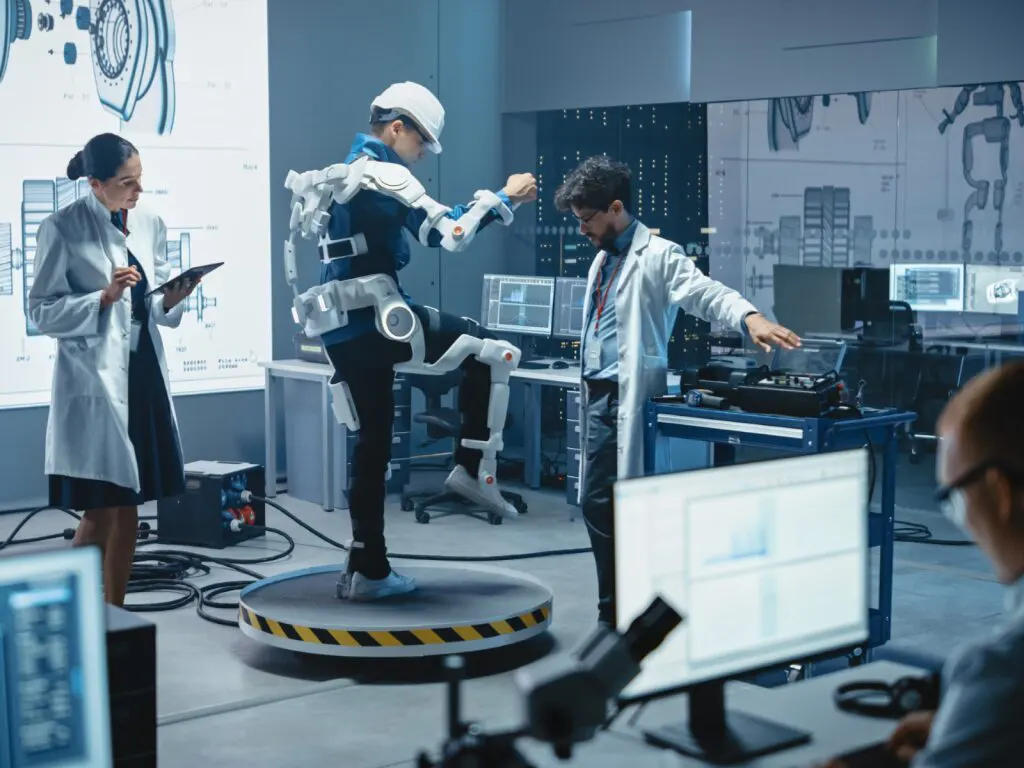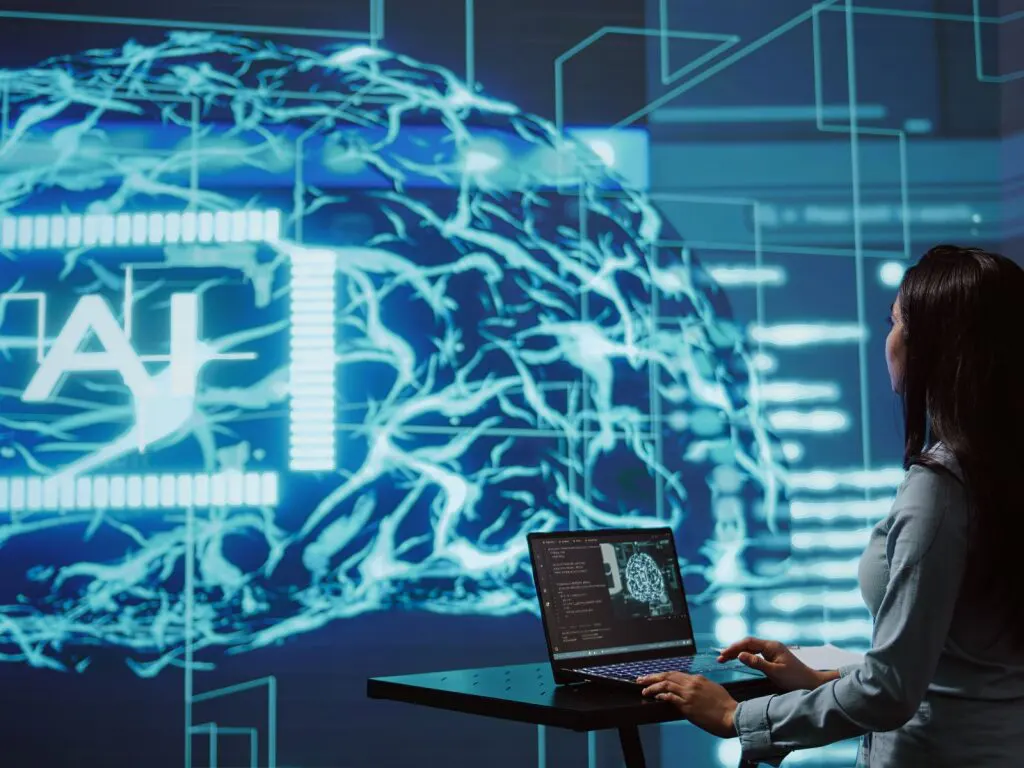Published on: May 12, 2025 at 8:18 pm
When people engage in “mental time travel,” they often think about the future and imagine what it might be like. But focusing on the past and thinking through what we could’ve done differently may pay dividends in terms of making better decisions going forward, including navigating career paths.
Academy of Management Scholar Abbie Shipp of Texas Christian University, who coauthored an Academy of Management Annals article on that topic with Karen Jansen of Henley Business School, said that many people tend not to think about the past very much.
“Particularly in the United States, we are socialized to be present-focused, carpe diem, or future-focused, that is, to plan; the message is to make strategic plans, have a five-year plan for your life and career plans,” Shipp said. “We are very much socialized from the beginning to always be looking forward, or maybe to enjoy the moment.
“We aren’t really socialized to do things that they are doing in other countries, which is to reflect back—what’s our history? What have we learned?” she said.“That approach misses opportunities for people to stop and see, ‘Where have I made progress? What have I learned?’”
Being overly future-focused also causes people to overlook “accumulation.”
“One of my papers found this: If things don’t change dramatically, they tend to creep up on us, such as when we don’t realize we’re in a job that isn’t stimulating or a good fit for us because the change has been gradual,” Shipp said.
“However, by the time we started talking to people about where they work and asking them, ‘What elements of things at your work fit you and what don’t?’ they said, ‘Wow, I’ve been here a really long time; I hadn’t realized I was so unhappy until I started talking to you,’” she said. “Those experiences were accumulating beneath the surface and reached a tipping point.
“Overall, it’s important that people intentionally think about the past, because that’s an element that in the United States, at least, we don’t do naturally for the most part.”
A sample of Shipp’s AOM research findings:












